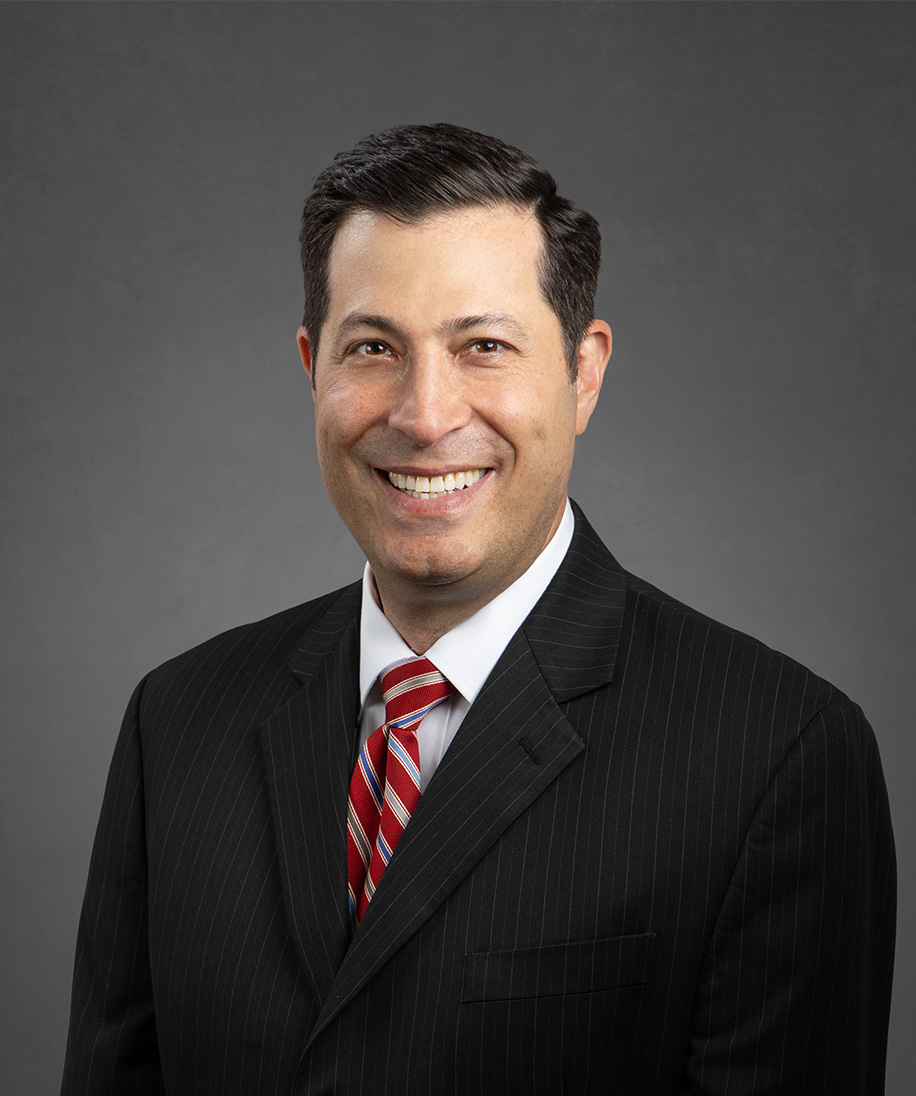Client Alert
New York City Now Requires Salary Disclosures for Applicants and Employees
January 17, 2022
Kenneth Gage, Emily Pidot, Sara Tomezsko & Ryan Gribbin-Burket
On December 15, 2021 the New York City Council passed a bill to amend the New York City Human Rights Law (“NYCHRL”) requiring job postings to include salary information in an effort to promote pay transparency and combat systemic pay disparities. On January 15, 2022, this bill became law following 30 days of inaction by the mayor’s office. Starting in mid-May 2022, the overwhelming majority of public and private sector employers with workers in New York City will be required to disclose salary ranges in job postings.
When does it go into effect?
The law will take effect on May 15, 2022, 120 days after the bill became law on January 15, 2022.
What is required?
The bill requires employers and their agents to include salary ranges, specifically the minimum and maximum potential salaries for the position, in all advertisements and postings for job openings, promotions, and transfer opportunities. An employer must determine in good faith at the time of the posting what it believes it would pay for the job, promotion, or transfer opportunity. Failure to do so would be a discriminatory act and a violation of the NYCHRL, actionable by the New York City Commission on Human Rights (“Commission”).
The new law does not define “salary” or how it must be expressed in job postings, and it remains an open question whether employers must annualize hourly or weekly wages for non-exempt positions to comply with the salary posting requirement. This and other open issues are expected to be clarified in rules promulgated by the Commission prior to the law’s effective date.
Who is covered?
All employers[1] with four or more workers in New York City are covered by the law. The extent to which the salary posting requirement may apply to employers outside New York City who post nationwide positions or positions that can be performed remotely remains unaddressed for now.
What are the penalties?
The new bill does not enumerate any new or specific penalties for violation of this provision of the city’s anti-discrimination laws. The Commission is authorized to impose civil penalties up to $125,000 for unlawful or discriminatory acts, or up to $250,000 if the Commission finds a violation was willful, wanton, or malicious. Employers found to have violated the law in a private right of action would be subject to the same penalties as for any other violation of the NYCHRL.
What are the next steps?
Employers should begin setting salary ranges for all positions within their organizations if they have not done so already. Regulatory guidance is expected to clarify the remaining open issues including, for example, the definition of “salary” for purposes of the law, and the geographic application of the law to out-of-city employers.
Should the Commission take a narrow view of geographic application of the new law, employers should still be aware of pending statewide legislation that would amend New York Labor Law section 194-b to require disclosure of compensation or range of compensation, a job description, and benefits either for a new employment opportunity or for an existing employee. In its current form, any employer who fails to comply with the disclosure requirement would be subject to civil penalties in accordance with section 218 of the New York Labor Law.
We are closely monitoring developments of this new local law and the pending state legislation and will update this alert accordingly.
[1] The bill provides an exception for “temporary help firms,” as defined by subdivision 5 of section 916 of article 31 of the New York Labor Law, that are subject to separate requirements under the New York State Wage Theft Prevention Act.
Contributors




